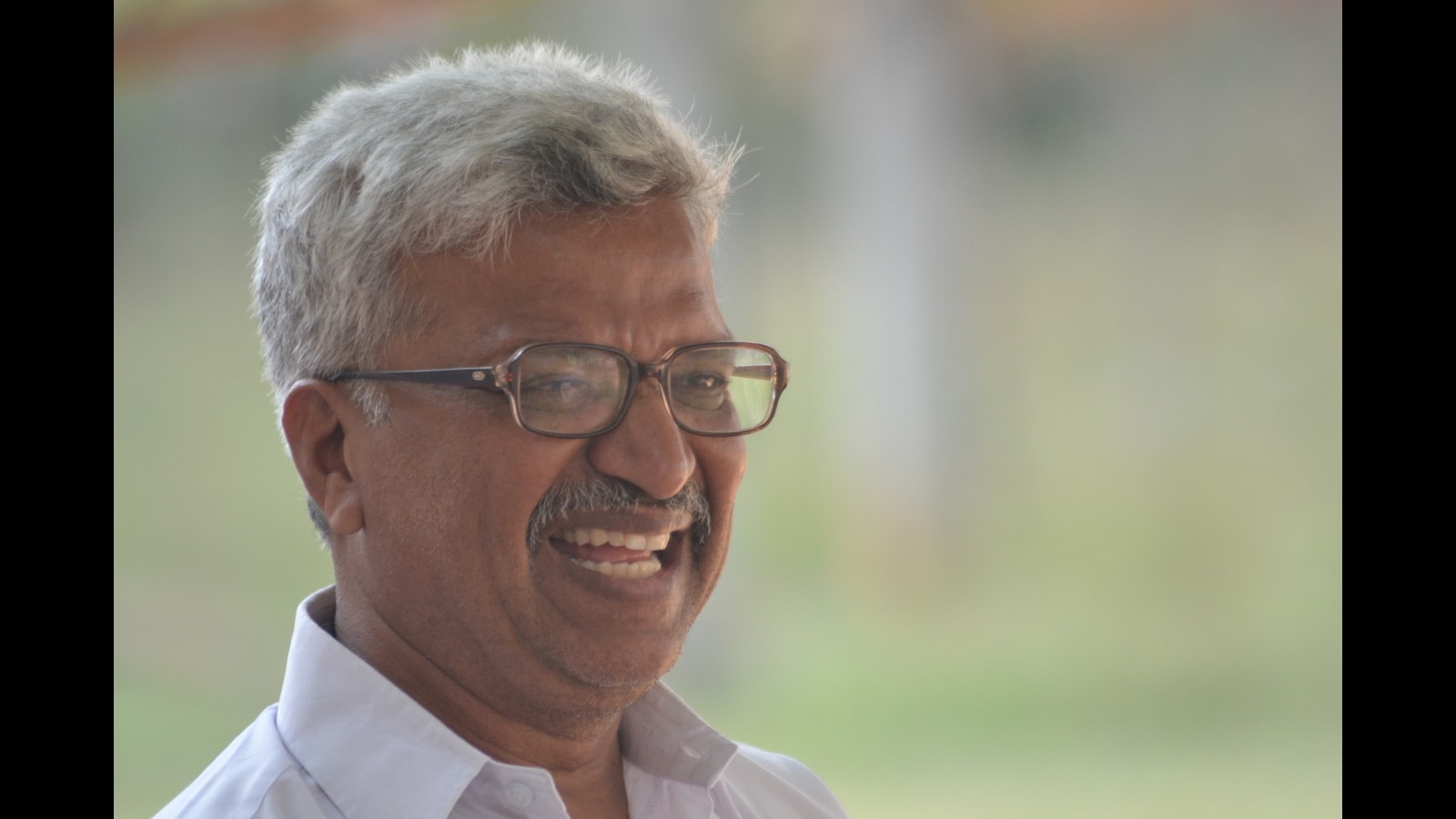[ad_1]
There are growing concerns that all is not well between the governor RN Ravi and the Dravida Munnetra Kazhagam (DMK)-led Government of Tamil Nadu.
The view in government circles is that the governor has increasingly been meddling in state politics beyond his constitutional duties and responsibilities. People point to his decision to host the high tea on 14th April, 2022 ( the first day of the month of Chithirai in Tamil) on the occasion of Tamil New Year’s Day according to the Hindu calendar. The DMK and other Dravidian parties excepting the All India Anna Dravida Munnetra Kazhagam (AIADMK) have long been advocating and observing the first day of the month of Thai (usually on 14th January) as the beginning of new year according to the Tamil scholars.
This is a cultural debate and creative conflicts of this nature are not alien to ancient cultures, societies and civilizations — but this is an area where the governor usually has no say or influence, so it is surprising that he decided to do this.
The boycotting of this occasion by the DMK and its allies as well as the awkward remarks made by the president of the BJP in Tamil Nadu that tea expenses are lessened (by the boycott) appears to place the role of governor in a perspective that undermines the decorum of the office itself. It should be mentioned that the boycott was made official as the decision of the Government of Tamil Nadu. The questions being asked in the state are: Is the governor is a representative of the Union or of the party in power at the Centre? And if the role is to find a balance between the Centre and the state, is the finesse missing in the conduct of the governor?
There are many reasons attributed to the present state of the relationship such as his deafening silence over the Tamil Nadu legislative assembly’s resolution on NEET and his refusal to forward the same to the President of India; it is now part of at least 20 assembly resolutions that are in cold storage. If the NEET issue is at the heart of the poor relations between the governor and the state government, then the tea-party must be considered the final straw that broke the camel’s back. This is a cultural-ideological question, and the DMK is unlikely to allow the governor to shape the narrative pushed by the BJP and the AIADMK.
Can the BJP recreate a Pondicherry-like situation in Tamil Nadu under the governorship of RN Ravi? There, former LG Kiran Bedi and the state government spent much of their energies frustrating each other. Bedi was open and transparent despite her popular eccentricities that were highlighted by her critics and admired by her friends. Ravi is a shrewd, behind-the-scenes operator, an investigator at heart. But in moving Ravi to Tamil Nadu from Nagaland, the Centre may have underestimated not just the DMK, but also Tamil civil society and the history of social movements in the state. Tamil Nadu does not have the compulsions Nagaland did; and the Pondicherry experiment of frustrating the elected government through denial and indifference (besides showcasing a model of parallel government ) may not work in the state because of the prevalence of a political culture.
The DMK government is closely following the developments in the states of West Bengal and Kerala (where, again, the role of the governors has come under question) besides mobilising national attention towards the debate on the role and relevance of the office of governor in state politics. DMK parliamentarians have already raised the issue of the Tamil Nadu governor’s role and the fate of long pending assembly resolutions. The demand for the governor’s recall may catch the political imagination of a state like Tamil Nadu because of the strong civil society and the culture of resistance inherent to the dynamics of state politics. It will also certainly raise the national debate on two interrelated and crucial subjects — Centre-state relations and the power and functions of the governor.
In a few months from now, this debate may well result in the formation of a caucus of non-BJP ruled states. Tamil Nadu chief minister MK Stalin’s recent address at the Communist Party of India (Marxist) ‘s 23rd party congress at Kannur, Kerala may remain as one of the finest deliberations on the present state of Centre- state relations and the prevailing mood in the (national) opposition camp. The governor of Tamil Nadu may have exhausted the goodwill and hospitality extended to him by the state government with the tea party.
—————————————–
Prof.Ramu Manivannan is a scholar-social activist in areas of education, human rights and sustainable development through an initiative “Multiversity.”
[ad_2]
Source link

